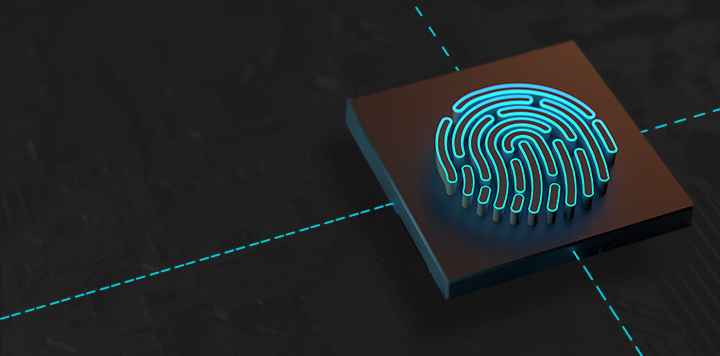
The end of passwords as we know it: Why experts say the future of security is passwordless
2023-02-24Over the years, passwords have posed a significant risk to enterprises. The Verizon 2022 Data Breach Investigations Report indicates that nearly 50% of data breaches are a result of stolen credentials. This widespread abuse of credentials has generated increased interest in passwordless authentication. Providers such as Google, Microsoft, and Apple have attempted to develop solutions in line with the FIDO Alliance’s vision of a shared standard for passwordless sign-in.
Slavik Markovich, CEO and co-founder of Descope, has stated that “Passwords are detrimental to both security and usability.” He notes that they are the primary cause of security breaches and are often the primary entry point for cybercriminals to achieve their goals. Moreover, passwords cause disruptions throughout the user journey, leading to dissatisfaction and a negative user experience, which may result in decreased user engagement or retention.
In addition, Markovich highlighted that recent advancements, such as FIDO2, WebAuthn, and passkeys, have laid the foundation for a future without passwords. However, he emphasizes that achieving this future will only be possible when app developers are equipped with the necessary tools and resources to effortlessly integrate passwordless authentication methods into their apps.
Descope aims to contribute to this “passwordless future” by simplifying the process for developers to incorporate passwordless authentication into their applications or services. It is a challenging and time-consuming task for development teams to construct these components from the ground up. Descope provides a drag-and-drop workflow editor that enables users to create authentication flows without the need for coding. These no-code workflows enable developers to establish user access controls and get their applications to market more quickly without sacrificing security.
The authentication market is booming
According to researchers, the market for passwordless authentication is expected to expand from $6.6 billion in 2022 to $21.2 billion by 2027, as more organizations seek protection against social engineering, phishing, and other forms of credential theft. One of Descope’s primary competitors is Stytch, a tool that enables developers to create authentication flows via an API, as well as JavaScript and Mobile SDKs. Stytch raised $90 million in series B funding in November 2021 and achieved a valuation of $1 billion.
Another major player in the market is Auth0, a Customer Identity Access Management (CIAM) vendor that empowers organizations to establish access roles for application and API end-users, resulting in dynamic access controls. In 2021, Okta purchased Auth0 for $6.5 billion.
According to Markovich, Descope’s primary distinction from other vendors is its use of workflows. “These no-code workflows simplify the process of constructing authentication while still providing app builders control over their UX and UI,” he concluded.

Advertisement